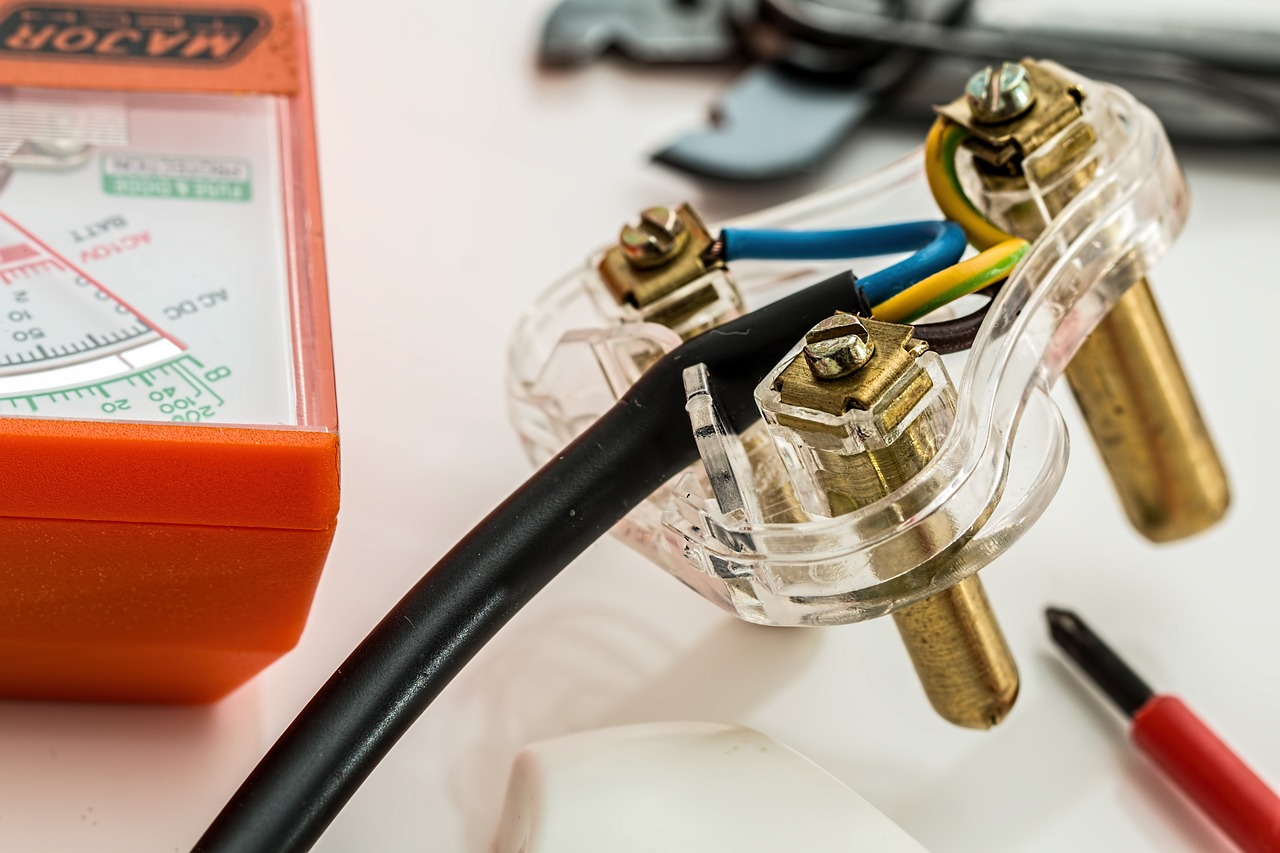
0118861583 - 0731373137

Basic Electrical Training Course
A basic electrical training course typically covers fundamental concepts and principles in electrical theory, circuit analysis, and practical applications. Here are some typical modules you might find in such a course:
1. **Introduction to Electricity**: This module covers basic definitions, units of measurement (voltage, current, resistance), Ohm's Law, and electrical power calculations.
2. **Circuit Components**: This module introduces various components found in electrical circuits such as resistors, capacitors, inductors, switches, relays, and diodes. It covers their symbols, properties, and behavior in circuits.
3. **Series and Parallel Circuits**: Students learn how to analyze simple series and parallel circuits, understand voltage and current division, and calculate equivalent resistance.
4. **Kirchhoff's Laws**: This module covers Kirchhoff's Voltage Law (KVL) and Kirchhoff's Current Law (KCL), which are fundamental principles used to analyze more complex circuits.
5. **DC Circuit Analysis**: Students learn techniques to analyze direct current (DC) circuits using Ohm's Law, KVL, KCL, and circuit simplification methods like nodal analysis and mesh analysis.
6. **AC Circuit Analysis**: This module introduces alternating current (AC) circuits, sinusoidal waveforms, phasors, impedance, and AC circuit analysis techniques, including series and parallel AC circuits.
7. **Power in AC Circuits**: Students learn about real, reactive, and apparent power in AC circuits, power factor, and power factor correction.
8. **Three-Phase Systems**: This module covers three-phase AC systems, including advantages, configurations (delta and wye), and power calculations.
9. **Electrical Safety**: Safety practices and procedures are crucial in electrical work. This module covers electrical hazards, safety equipment, safe work practices, and regulations.
10. **Basic Electrical Measurements**: Students learn how to use basic electrical measurement tools such as multimeters, oscilloscopes, and power meters to measure voltage, current, resistance, and power in circuits.
11. **Introduction to Electrical Codes and Standards**: Familiarization with relevant electrical codes and standards applicable to electrical installations and equipment.
12. **Basic Troubleshooting**: Introduction to troubleshooting techniques for identifying and correcting common electrical faults and problems in circuits.
These modules provide a foundation in electrical principles and practices, which can be built upon with more advanced coursework or practical experience in the field. Depending on the institution or program, additional modules or topics may be included to meet specific learning objectives or industry requirements.